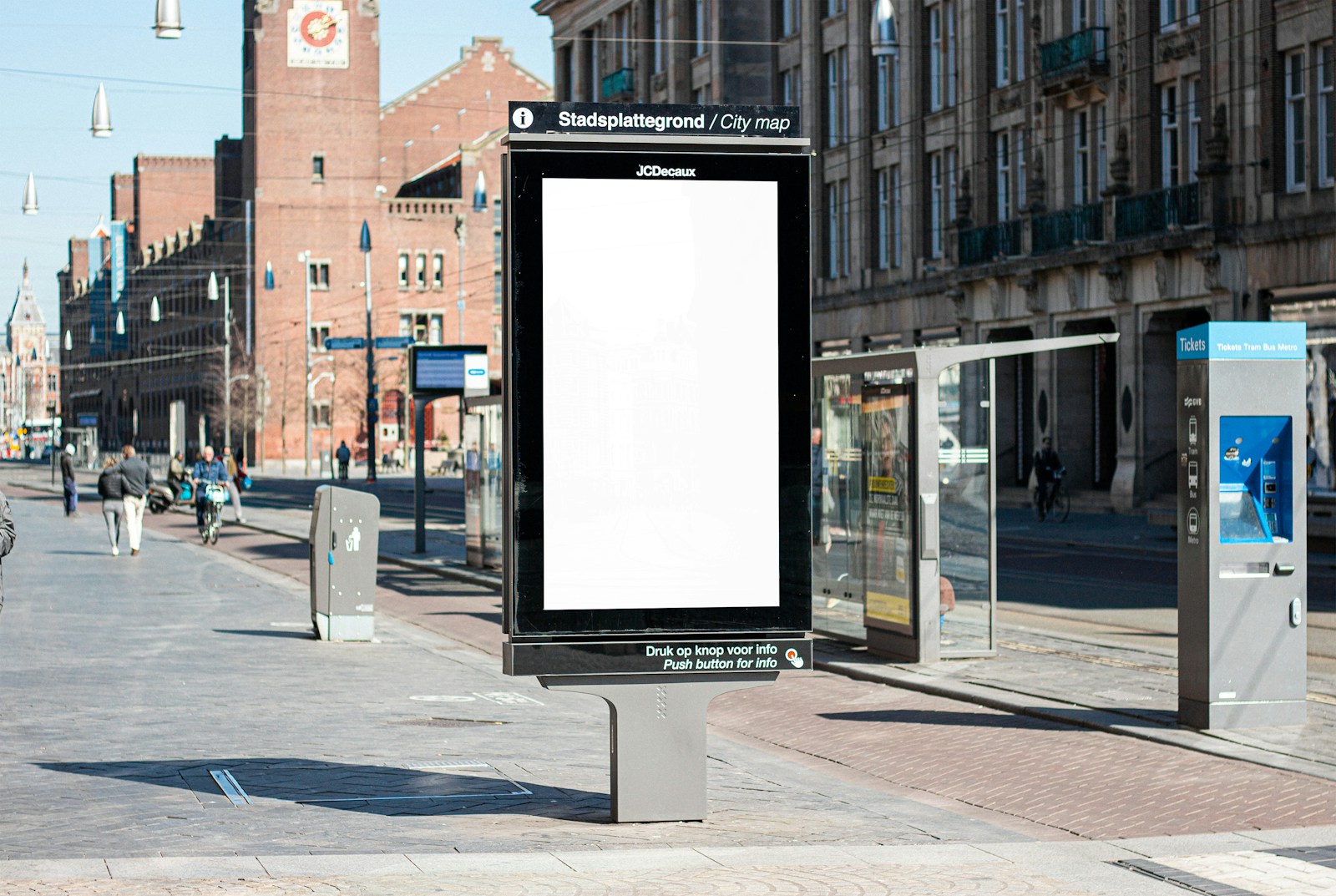Using Common or Assigned Brand Names Does Not Automatically Disqualify SSI Exemption

Introduction
The Customs, Excise, and Service Tax Appellate Tribunal (CESTAT) in Chennai came down with a major ruling. In the case of M/s Aashish Enterprises v. Commissioner of GST and Central Excise, they made it crystal clear: a manufacturer shouldn’t lose their Small Scale Industry (SSI) exemption simply because they use a brand name that’s either widely recognized or has been legally handed over to them. This decision is a sigh of relief for small businesses constantly fighting over who owns what in excise matters.
Table of Contents
Why the Exemption is Restricted
The SSI exemption, which comes from Notification No. 8/2003-CE, lets small businesses whose annual sales are under a certain limit skip out on Central Excise duty.
The catch is Condition No. 4. It was put in place to stop the exemption from going to manufacturers who are really just riding the coattails of big, established brands. The whole point is to help genuinely independent small-timers grow. But, things get complicated when a small unit uses a brand name that was properly transferred or is so generic that it could belong to anyone. Does that really count as “the brand name of another person”? That’s where the disputes usually start.
Background
M/s Aashish Enterprises, a sole proprietorship engaged in the manufacture of gas lighters, was subjected to proceedings initiated by the Department on the allegation that it was affixing the brand names “Ganga,” “National,” and “Singhvi” on its products. The Department contended that these brand names purportedly belonged to other entities and that the appellant had neither paid the applicable Central Excise duty nor obtained registration. On this basis, the authorities denied the benefit of the SSI exemption and issued substantial demands of duty, interest, and penalties.
When the lower appellate authority upheld the Department’s view, the appellant approached the CESTAT. The appellant argued that the brand names in question had been lawfully assigned to it and that no third party had asserted ownership over them.
Ownership is Key
Once a brand name has been legally sold or transferred (assigned), the SSI unit becomes its rightful owner. At that stage, the brand can no longer be regarded as the “brand name of another person,” and consequently, Condition No. 4 of the SSI exemption ceases to apply.
To deny the benefit of the exemption, the Department is required to establish two essential elements:
- That the brand name in question actually belongs to another person, and
- That the manufacturer is using the said brand name to capitalize on the reputation or goodwill of that other person.
Where the SSI unit is able to furnish documentation evidencing the assignment of the brand name, or even demonstrate that no third party asserts ownership over a common or generic name, the exemption cannot be denied.
Conclusion
The Tribunal ultimately ruled that using “Ganga,” “National,” and “Singhvi” did not mean the company forfeited its SSI exemption. The demands and penalties were wiped out, and the company won its appeal.
This ruling is a powerful affirmation that in these matters, legal assignment and ownership are what truly count. It also sends a clear message: the Department must do its homework and have solid evidence before it can deny an exemption.
For small-scale manufacturers, this judgment is a victory. It confirms that when you use an assigned or a common brand name legitimately, you won’t automatically be penalized. It helps ensure these benefits actually go to support industrial growth and self-reliance, which is exactly what the law intended.
By entering the email address you agree to our Privacy Policy.